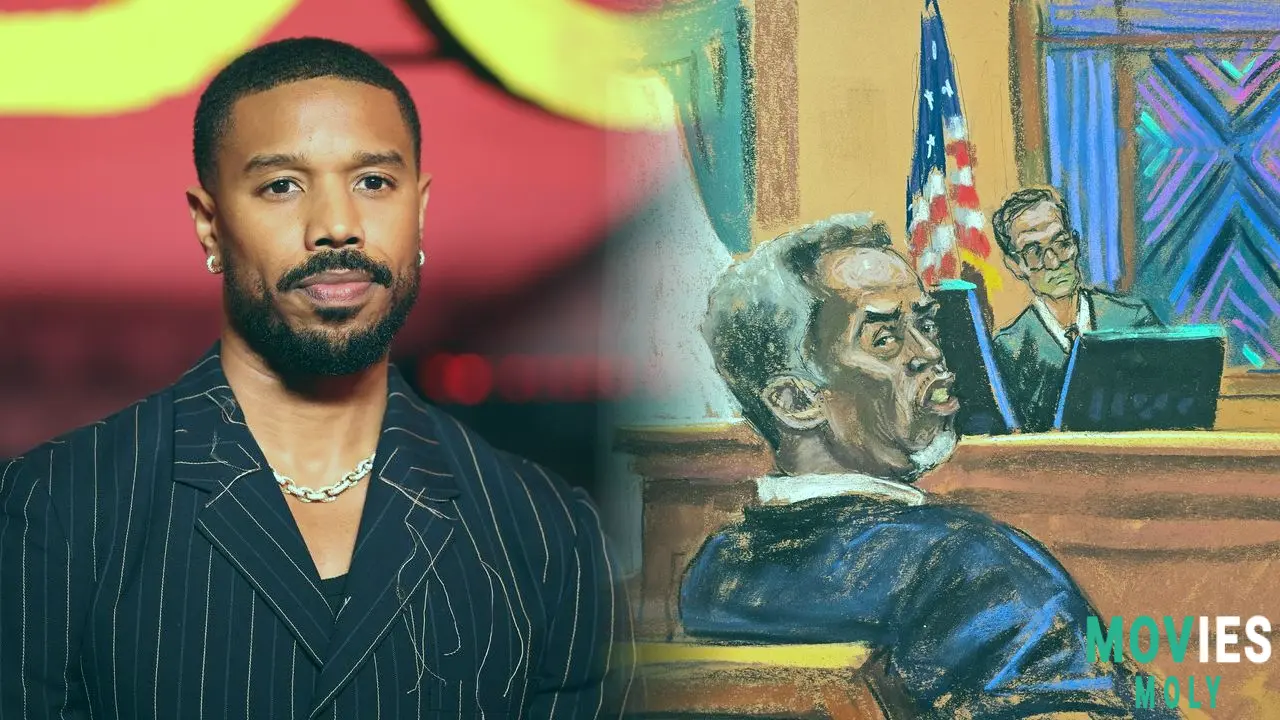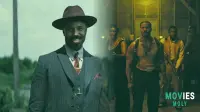I'll admit it: I went into Sinners anticipating another polished Michael B. Jordan film with moody close-ups and staged fight scenes. What I received instead was a cultural earthquake disguised as a period horror flick. Ryan Coogler's blues-infused vampire tale not only showcases Jordan's strongest dual performance since Black Panther, but it also uses his star power to mainstream Black American Sign Language (BASL) in ways that should disgrace any studio executive who still treats accessibility as an afterthought.
The true magic isn't in the blood-soaked juke joint combat (though they are magnificent). It's in Warner Bros' unique choice to release Sinners on Max alongside a special BASL version, performed by Nakia Smith and directed by Rosa Lee Timm. For the first time, a major streaming release treats BASL as a distinct cinematic language, complete with purposeful cinematography framing and ASL/BASL toggle choices. This isn't simply advancement; it's Michael B. Jordan doing what he does best: making Hollywood's "risks" appear sensible.
From Denzel's Warning to BASL Innovation, Jordan Became Hollywood's Savvy Strategist."Why Pay to See You On Weekend If They See You All Week For Free?"
To be clear, Jordan's media scarcity is not an accident; it is the result of exceptional branding. When Denzel Washington famously warned him about overexposure, the younger actor took it seriously. While his contemporaries saturate social media with behind-the-scenes footage, Jordan's Instagram remains dormant between projects. His interviews place an emphasis on craft over gossip. This intentional mystique makes his onscreen shifts appear event-worthy rather than unavoidable - a move that paid off when 47% of early Sinners viewers named him as their top motivation for purchasing tickets.
But here's what studios continue to miss: Jordan's constraint isn't due to camera shyness. It's about preserving creative capital for important situations. By keeping his personal life private and carefully choosing directors like Coogler who share his social concern, he's established himself as Hollywood's "serious" heartthrob, the ideal conduit for Movies that would appear didactic with lesser actors. Sinners makes excellent use of this credibility, clothing its BASL integration and anti-appropriation themes in Jordan's undeniable movie-star shine.
The BASL Breakthrough: How "Sinners" Changes More Than You Think
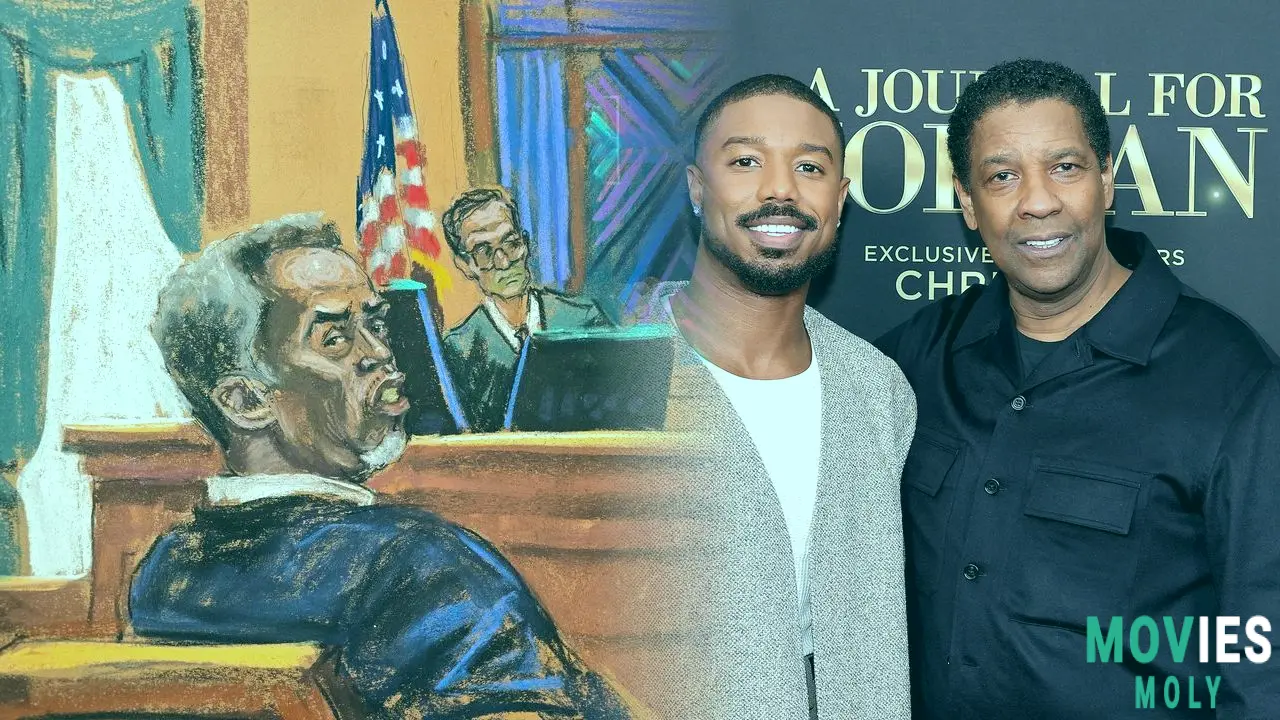
Beyond Checkbox Accessibility: Language as Storytelling.
Most films use sign language as a literal translation method. Sinners goes even further, including BASL's cultural subtleties into its fundamental fabric. Consider the tense baptism scene in which Jordan's character Smoke speaks with a Deaf merchant (played by BASL consultant Amanda Morris). In contrast to typical ASL interpretations that emphasize 清晰 (clarity), the BASL version emphasizes rhythm changes and broader signing space. According to BASL linguist Joseph Hill, these techniques emerged primarily inside segregated Black Deaf communities during the film's 1930s setting.
This emphasis on historical authenticity raises BASL from "special feature" to narrative device. When white vampires demand admission to the brothers' juke club, their stiff ASL contrasts sharply with the fluid BASL spoken by Black characters, creating a great allegory for cultural colonization that could only be realized with such linguistic authenticity. It's no coincidence that Warner Bros. included this release with free BASL instructional materials. They understand Jordan's presence guarantees attention to what would otherwise be considered as "nicue content."
The Jordan Formula: How Authenticity Becomes Bankable.
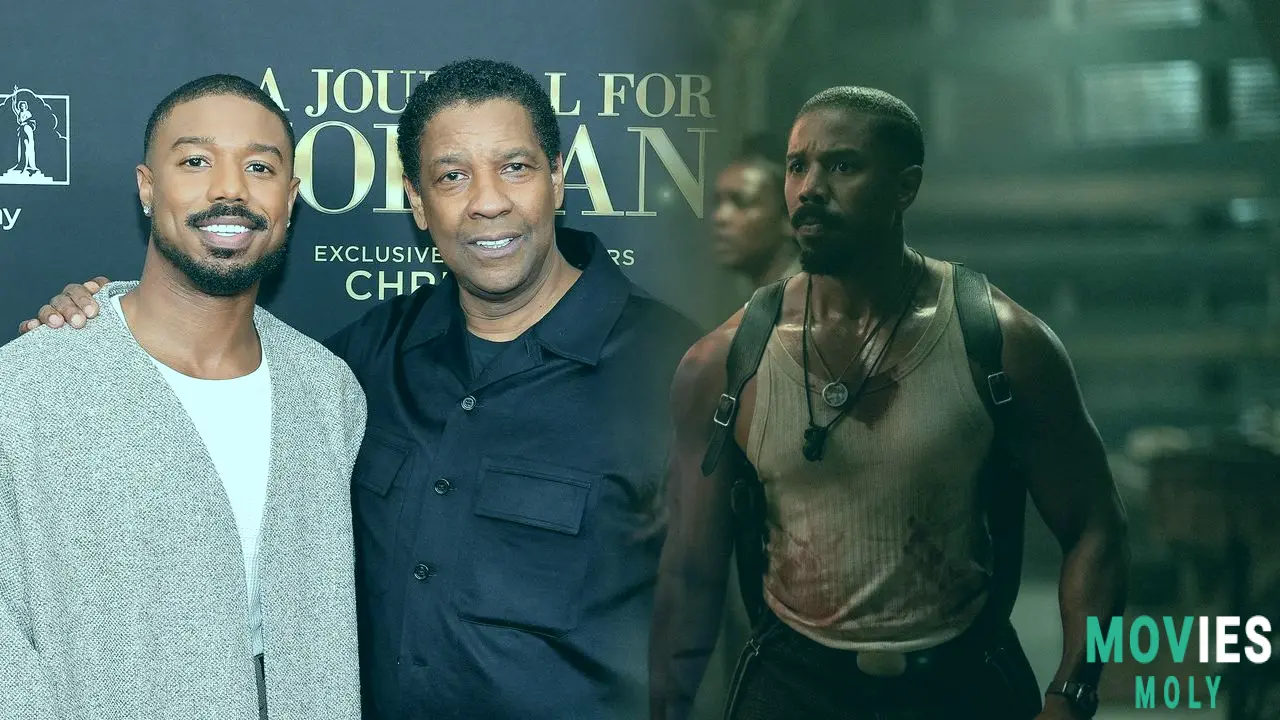
Learning From Black Panther's Legacy (Without Repeating Its Mistakes).
Critics first dismissed Sinners as "Get Out meets Interview with the Vampire," but that simplistic comparison ignores Jordan and Coogler's refined post-Wakanda Forever sensibilities. Whereas Marvel frequently limited Afro-futurism to aesthetics, Sinners prompts difficult discussions about who controls Black art. Jordan's haunting portrayal as twins Smoke and Stack - one adhering to tradition, the other selling out to white vampiric "patrons" - feels like a direct response to the tokenism he's dealt with since breaking out in Fruitvale Station.
Despite its philosophical ambition, Sinners never forgets its popcorn-movie roots. WB's decision to combine the BASL cut with Coogler's director's commentary (in which he discusses consulting Louisiana BASL speakers) builds a connection between casual viewers and accessibility campaigners. "We wanted hearing audiences to realize BASL isn't 'broken ASL,'" Coogler told NPR. "It's a living language, and Michael's commitment to honoring that shocked even me."
What comes next? Why Jordan's Chess Moves Matter
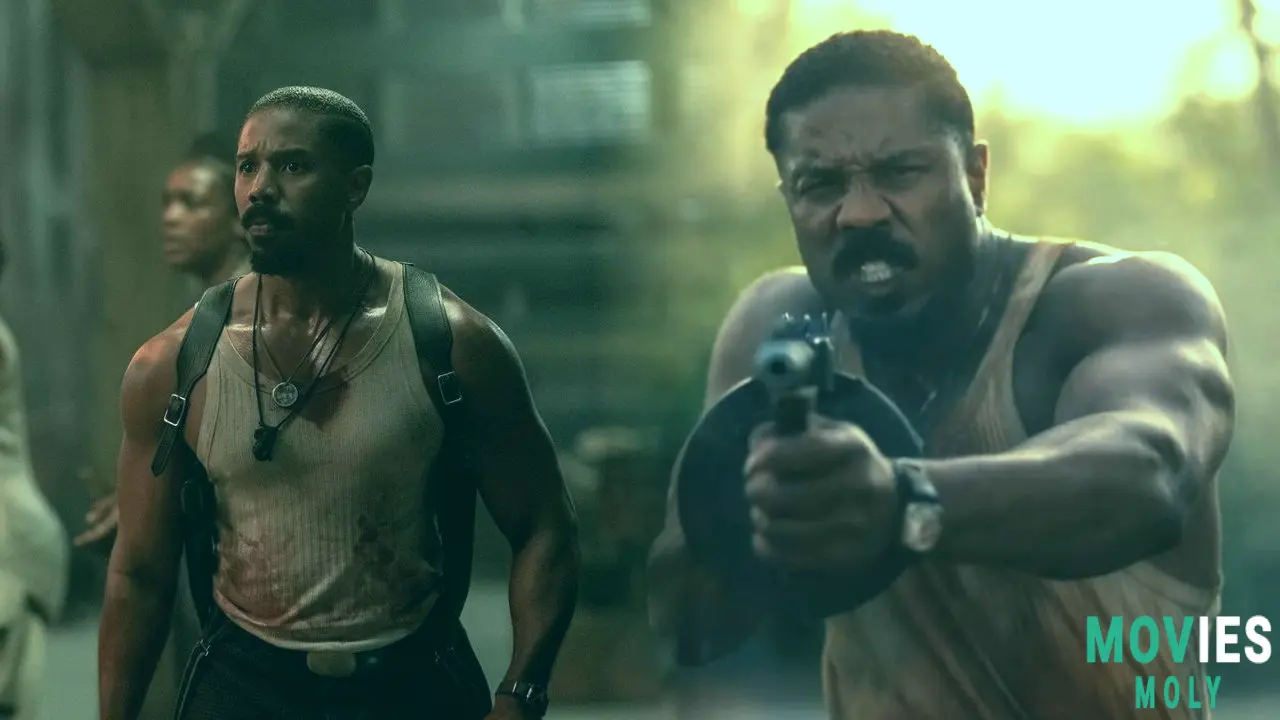
The Thomas Crown Test: Can One Star Re-Define Three Industries?
With his Thomas Crown Affair revival currently in production, Jordan appears anxious to show that leading males can be activists without sacrificing commercial appeal. His Outlier Society production firm, which is now creating a BASL-focused docuseries with HBO, frames him as a rare star who uses mainstream fame to empower underprivileged creatives. As Hollywood tries to recover from its post-COVID box office downturn, Jordan's script provides a hint: moviegoers want content wrapped in spectacle.
Sinners is now available on Max in both BASL and ASL versions, but its true legacy may be that it makes future films appear old in comparison. Jordan's quiet revolution raises an unsettling issue for an industry preoccupied with Young Hollywood "It" boys: What if the next Leo or Brad is a Black director-actor-producer redefining accessibility as an artistic requirement, rather than a white guy playing frontier heroes? In Sinners' final standoff, Stack snarls at his brother: "Demons want our sound but can't feel our soul." Jordan is proving that Hollywood can have both if they follow his path.
Sinners is now available for streaming on Max, in both Black American Sign Language and American Sign Language.

